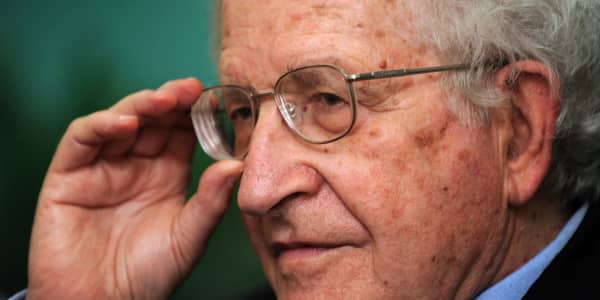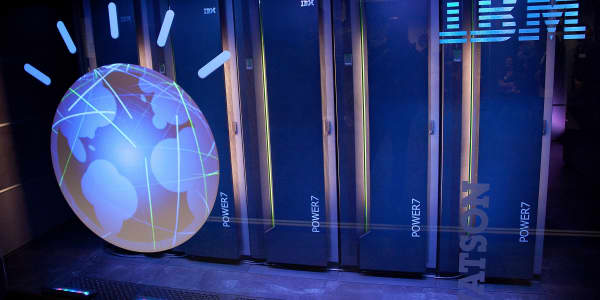The iPhone fingerprint sensor: The next Apple Maps?
Scotland Yard was the first to use fingerprinting to catch criminals in the 19th century. Boy, are the tables turning. With the release of Apple's iPhone 5S and the fingerprint sensor, a great hackfest has begun to show how easy it is to break through your thumb's defenses.
A micro venture capital firm and a group of security researchers are offering more than $13,000 in cash—as well as some bottles of booze, bitcoins and other prizes—to the first hacker who busts through the fingerprint sensor, Reuters reported.
And that hacker could, at least theoretically, be a cat. It turns out that a cat's paw is as good—OK, almost as good—as a human fingerprint as far as the iPhone is concerned. In a moment of what must have been extreme boredom, somebody decided to see if their cat's paw could be used as a biometric trace to lock and unlock the iPhone. The answer: yes, sometimes. The iPhone sensor will even record and recognize patches of skin that aren't on the fingertip, TechCrunch reported.
(Read more: A job that lets you hang with sports stars)
Samsung Smartwatch already ticking ahead
Not resting on the laurels of its Galaxy Gear smartwatch, unveiled earlier this month, Samsung is already at work on an updated version of the device—a version that will reportedly feature GPS, improved battery life and work with more Android devices.
Tracking the chance Sasquatch will be in your kitchen
Big data is being used for some "out there" things, but tracking Bigfoot, really?
Josh Stevens, a Ph.D. candidate at Penn State University, has compiled 92 years worth of data on Bigfoot, showing where the mythical creature has reportedly been wandering—and how it compares with population growth in North America. Apparently, Bigfoot is going where the food isn't—staying as far away from human contact as "he" can.
A grand heist
Making money in the data economy has never been so criminal: The new "Grand Theft Auto" title hit the market this week, and for a franchise that has already sold 125 billion copies, the reported $1 billion it has already taken in in the first three days of sales "Grand Theft Auto V" sales this week, was quite a heist—a record grab for the franchise. Good news for video game maker Take-Two Interactive.
(Read more: What happens in Vegas, stays in Vegas ... as data)
Mark Zuckerberg really is fighting for your privacy
It's been hard for Facebook founder and CEO Mark Zuckerberg to beat the rap that he couldn't care less about your privacy and the social network is constantly sneaking in new provisions that allow it to tap into more and more of your data.
But take it from Mark: When it comes to privacy, he really has your interests at heart. Mark Zuckerberg on Wednesday said revelations about government surveillance hurt users' trust in Internet companies and that knowing more about the programs would help relieve some of the public concerns. Oh wait, that's just a self-interested concern about his company's own stock price—which finished the week at an all-time high.
Microsoft's vision, or lack thereof
Microsoft CEO Steve Ballmer made a plea to support his vision of a unified devices and services powerhouse in one could be his last pitch to Wall Street. Ballmer told investors and analysts in an annual meeting Thursday that Microsoft had a bright future.
The immediate future, though, has them concerned that there isn't much vision at the tech giant. The proof: It announced a big stock buyback and dividend increase this week. To some market skeptics, that means Microsoft can't think of anything more interesting on which to spend its money, such as innovation.
(Read more: Marketing dream goes live in 425 billion tweets)
The guy giving you IBM-level smarts
Digital information is growing at an unfathomable rate, but it tends to concentrate in the hands of the tech sector's mighty—and far from your fingertips. Tableau Software would like to change that game, gearing its products to masses who have been held back in the big data space. Specialists and obscure programs are needed to derive meaning from data now, but in just a few years time, the power of big data will be in your hands. How many years exactly?
Coming soon: Hadoop 2.0
There are other ways to get big data to the masses, like making big data open source. That's the practice of Cloudera's Doug Cutting, creator of open source big data software Hadoop—famously named for his son's toy elephant.
Hadoop 2.0 has been in the works for years and is planned for general release next month. Cloudera already has $100 million in revenue, but analysts estimate the Hadoop market as being well in the billions.
Who will win the big data operating system race? Will Linux keep Hadoop at bay? Hadoop uses a more permissive open-source license than Linux, allowing for companies to mix additional features into Hadoop of their own choosing, reported The New York Times. And large technology companies like IBM offer products using Hadoop, not just start-ups.
But the situation is complicated—while IBM uses Hadoop in products, it has a primary partnership is with Red Hat and Linux—IBM announced this past week it will spend $1 billion over the next five years on Linux.
(Read more: The Kit Kat surveillance state)
A rocket-fueled IPO
Big data is a big buzzword and that can only mean one thing: There's a sucker born every minute. Or at least an investor salivating at the chance to get a piece of the next big, big data opportunity.
Into what has been a tepid IPO market this past week came advertising technology company Rocket Fuel—which priced at the top of its range and was up near 100 percent in its first day of trading on Friday.
A big part of the IPO's appeal is tapping into the mega-trend of big data: the collection and rapid analysis of huge sets of numbers or documents, which has been the most successful theme in the tech IPO market this year, according to The Wall Street Journal.
Google's Game of Thrones
When the news broke recently that Google founder Sergey Brin was getting divorced and their had been some bad-boy behavior with a fellow Google employee—who had been dating another Google employee—well, that's just the way things are done at the "Do no evil," company.
Who are we to judge? The heart knows no logic and it's just human nature. But apparently, that human nature runs to extremes at Google, where sex scandals and political turmoil plague its headquarters, or, what Business Insider called a "modern day 'Game of Thrones.' "
Sex and political turmoil in the workplace? You don't say. Sounds so atypical of corporate America.
—By Eric Rosenbaum, CNBC.com





